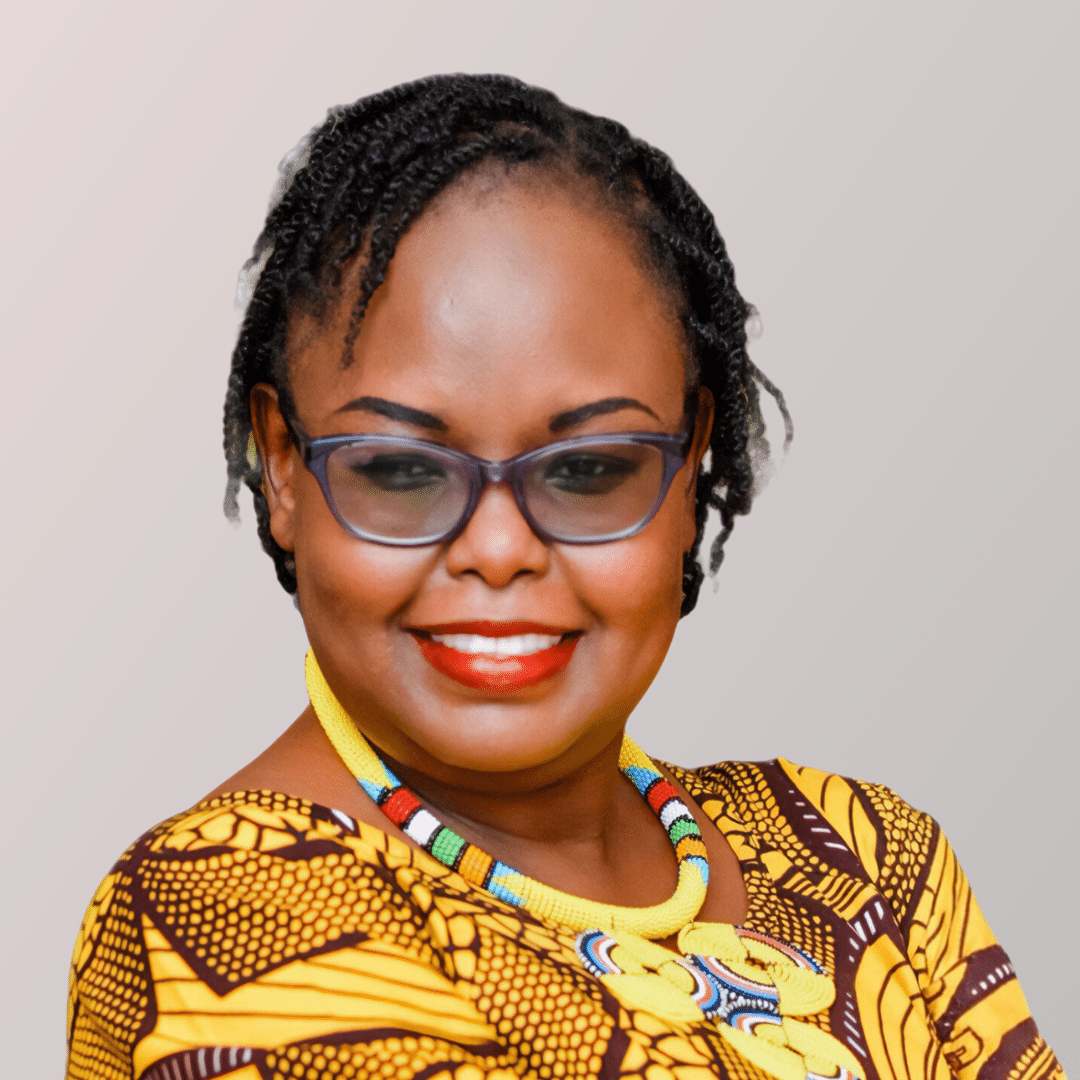Phylis Mbeke Ndolo, from Kenya, is an activist and feminist with impaired vision who has been working with grassroots organizations in her native country for over a decade. She focuses on integrating disability rights into the reproductive justice movement and emphasizes the importance of a community lens in driving policy change.
As the Founder and Executive Director of Women Spaces Africa, Ms. Ndolo is committed to creating inclusive and sustainable development spaces for women and girls with disabilities.
“We are the only disability organization working on abortion and disability. We take pride in that and in gaining ground to sensitize women and girls and be part of advocacy interventions.”
Women Spaces Africa promotes safer abortion methods, improves physical access to safe abortion services, and raises awareness among health service providers about the specific needs of women and girls with disabilities.
“I encountered girls on crutches, girls in wheelchairs who wanted to access our spaces and were not able to do that. Because of the discrimination I experienced as a result of low vision, I decided to establish a new initiative and create spaces where women and girls with disabilities are given a voice.”
Her call to decision-makers, partners, and networks to bring disability to the center of the agenda highlights the ongoing journey toward achieving full inclusion and the need for persistence and collaboration. Women Spaces Africa adopts an evidence-based and human rights-oriented approach. The organization is run and led by women living with disabilities, adhering to the principles of the Convention on the Rights of Persons with Disabilities.
“Deaf girls and women want sign language interpreters, but the mainstream will not take care of that because it is an extra cost in intervention provision. The visually impaired need guides to escort them, but the mainstream excludes them because no funding has been allocated.”
The HER VOICE project, which she leads, trains community health workers with disabilities as peer educators, conducts community outreach and home visits, and integrates economic empowerment skills training with sexual and reproductive health (SRHR) education.
“We want to expand beyond Kenya into the East Africa region. We are looking for more partners and networks. We can’t work in silos to achieve our dreams and goals,” she says.
Since its inception, the project has trained numerous community health workers, reached hundreds of women and girls with disabilities, and improved disability-friendly medical abortion services in 39 healthcare facilities. Her team’s achievements have gained recognition both locally and internationally, leading to the organization’s inclusion in the Nairobi Principles Committee on abortion, prenatal testing, and disability.
Despite the progress made, Ms Ndolo acknowledges that there is still much to be done. She emphasizes the need for disability to move from the margins to the center, urging partners, governments, and networks to prioritize disability inclusion in their interventions.
“Disability continues to be clubbed together with other marginalized groups. We are not achieving as much as we want. It is a journey, and we will not reach our goals at one given time, but with persistence and resilience I believe we will achieve it.”

